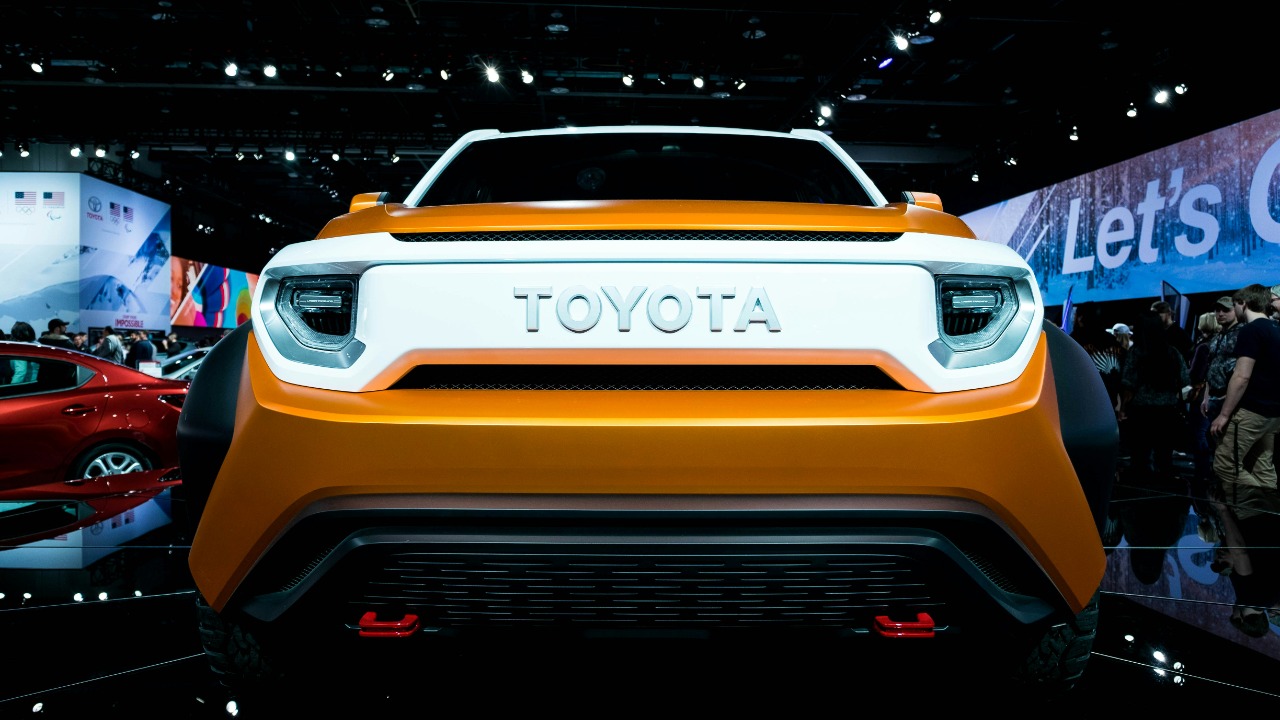
Toyota is making a significant $14 billion investment to boost battery production in the United States, marking a strategic shift towards electrification in response to global automotive trends. This substantial bet on batteries demonstrates the company’s intent to enhance domestic manufacturing capabilities for electric vehicles and related technologies, positioning Toyota to compete more fiercely in the EV market.
Toyota’s Strategic Shift to Electrification
Historically, Toyota has relied heavily on hybrid technology. However, the recent $14 billion investment in battery production represents a bold expansion into full EV battery production. This move is a crucial part of Toyota’s broader goal to localize supply chains and reduce dependence on international battery sourcing. The decision to prioritize batteries as a core growth area is a clear indication of the company’s commitment to the EV market. The Drive reports that this strategic shift is backed by executive statements and internal drivers.
Breakdown of the $14 Billion Commitment
The $14 billion commitment is allocated to various segments, including research and development, factory upgrades, and partnerships for battery development in the US. The timeline for deploying these funds includes phased rollout plans tied to production milestones. When compared to Toyota’s previous US manufacturing expenditures, the scale of this investment is significant, underscoring the importance of the EV market to the company’s future strategy.
Key Battery Technologies in Focus
As part of Toyota’s $14 billion US initiative, the company is focusing on specific types of batteries, such as solid-state and lithium-ion advancements. These technologies aim to improve EV range, charging speed, and cost efficiency for Toyota’s upcoming models. The company is also conducting prototype testing and collaborations to support the technical foundation of the battery bet.
US Manufacturing Locations and Expansion
Toyota has identified primary sites for the battery production ramp-up, with specific states and facilities selected for the $14 billion investment. Infrastructure developments, such as new plants or retrofits, are being planned to house battery assembly lines. These locations align with US incentives for domestic EV component manufacturing, further enhancing the viability of Toyota’s investment.
Economic and Job Creation Impacts
The projected job growth from Toyota’s $14 billion battery push is substantial, with roles in engineering, assembly, and supply chain expected to increase. The investment is also likely to have ripple effects on local economies, such as supplier networks and community investments in the targeted US regions. Government partnerships and tax benefits are also influencing the investment’s economic footprint.
Competitive Landscape and Market Positioning
In the North American EV race, Toyota’s $14 billion US battery bet is a significant move that positions the company to compete with rivals like Tesla and GM. Onshore battery production could provide potential supply chain advantages, and the investment could lead to shifts in market share for Toyota’s electrified vehicles.
Challenges and Risks Ahead
Despite the ambitious plans, there are technical hurdles to overcome, such as scaling battery output to meet the targets set by the $14 billion investment. External factors like raw material shortages or regulatory changes could also impact US-based production. Additionally, the company’s long-term sustainability goals are tied to the battery initiative’s environmental outcomes, adding another layer of complexity to the project.
More from MorningOverview